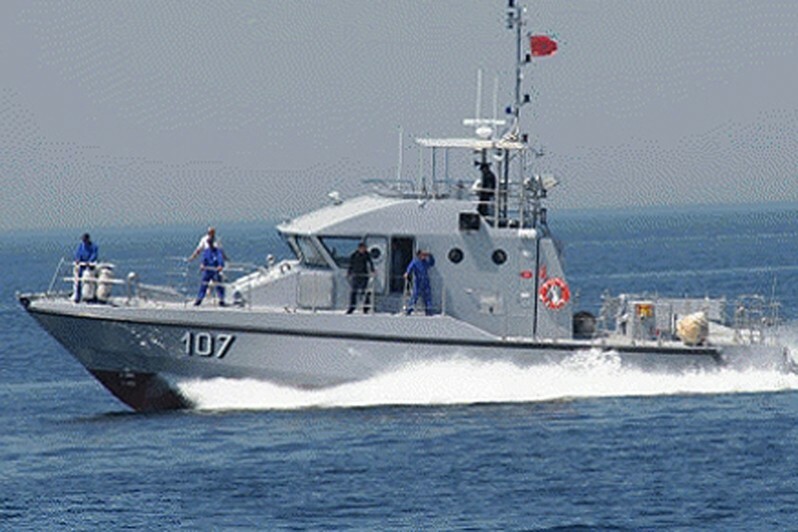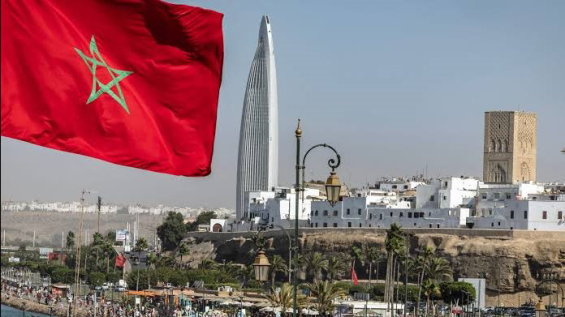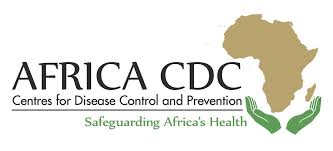 The Arab region needs now more than ever an inclusive growth, which is a shared responsibility between governments, the private sector and society at large, including its youth and its women, said Tuesday in Marrakech Chief of the International Monetary Fund, Christine Lagarde.
The Arab region needs now more than ever an inclusive growth, which is a shared responsibility between governments, the private sector and society at large, including its youth and its women, said Tuesday in Marrakech Chief of the International Monetary Fund, Christine Lagarde.
Addressing regional conference, “Opportunity for All: Promoting Growth, Jobs, and Inclusiveness in the Arab World”, the IMF Chief said inclusive growth also requires collective action, noting that Arab countries have placed job creation at the heart of their reform agendas.
She reckoned that there has been progress but not enough. More than 27 million young people in the region will join the workforce over the next five years, a region where youth unemployment is the highest in the world, averaging 25 percent, she noted.
The good news is that the stronger global economy offers a window of opportunity for reforms, said Christine Lagarde, recalling the IMF economic projections for the Arab region expected to grow at 3½ percent in 2018 and 2019. This growth rate, which is well below the average 5.6 percent achieved during 2000-2008, is due to conflicts and lower commodity prices.
The IMF chief, who underlined that many countries in the region are leveraging technology to advance economic and financial inclusion, hailed the efforts made by several countries to improve the business environment, by cutting red tape and promoting small and medium enterprises.
In the case of Morocco, the improvement in the business climate and the creation of the Free Trade Zones in Casablanca and Tangiers have generated some 85,000 jobs in the automotive industry, she recalled.
On the eve of the conference, the IMF had pointed out that “rising social tensions and protests in several countries across the Middle East and North Africa are a clear indication that the aspirations of the people of the region, for opportunity, prosperity and equity, remain unfulfilled”.
“Reforms are the key to address the fundamental problems that have plagued so many countries of the region for so long: Low growth, high unemployment and corruption,” Jihad Azour, director of the IMF’s Middle East and Central Asia department wrote in an analysis ahead of the conference in Marrakesh.
“Frustration runs high over the lack of job opportunities and access to affordable, high-quality public services,” the IMF official stated, adding that “With over 60 percent of its population under the age of 30, the region desperately needs higher growth and more jobs”.
The Marrakech conference was organized by IMF, Arab Monetary Fund (AMF), Arab Fund for Social and Economic Development (AFESD) and Government of Morocco.
It brought together high-level policy makers, corporate executives, academics, youth, media and civil society representatives from Arab and foreign countries to exchange their experiences, lessons and ideas on how to create millions of jobs by exploiting new sources and sectors of growth and also hear the IMF’s priorities: fight corruption, create jobs for the young, bring more women into economic life and boost the private sector.
Building on the 2014 Amman conference “Building the Future” which highlighted the need for growth to generate jobs and for its benefits to be shared more widely, the conference aimed to move discussions on inclusive growth in the Arab World from endorsement to implementation.
Agenda of the Marrakech conference included debates on how to overcome impediments to growth and inclusiveness, promote entrepreneurship & innovation in the Arab World and create job opportunities by tapping into new sources and sectors of growth.



